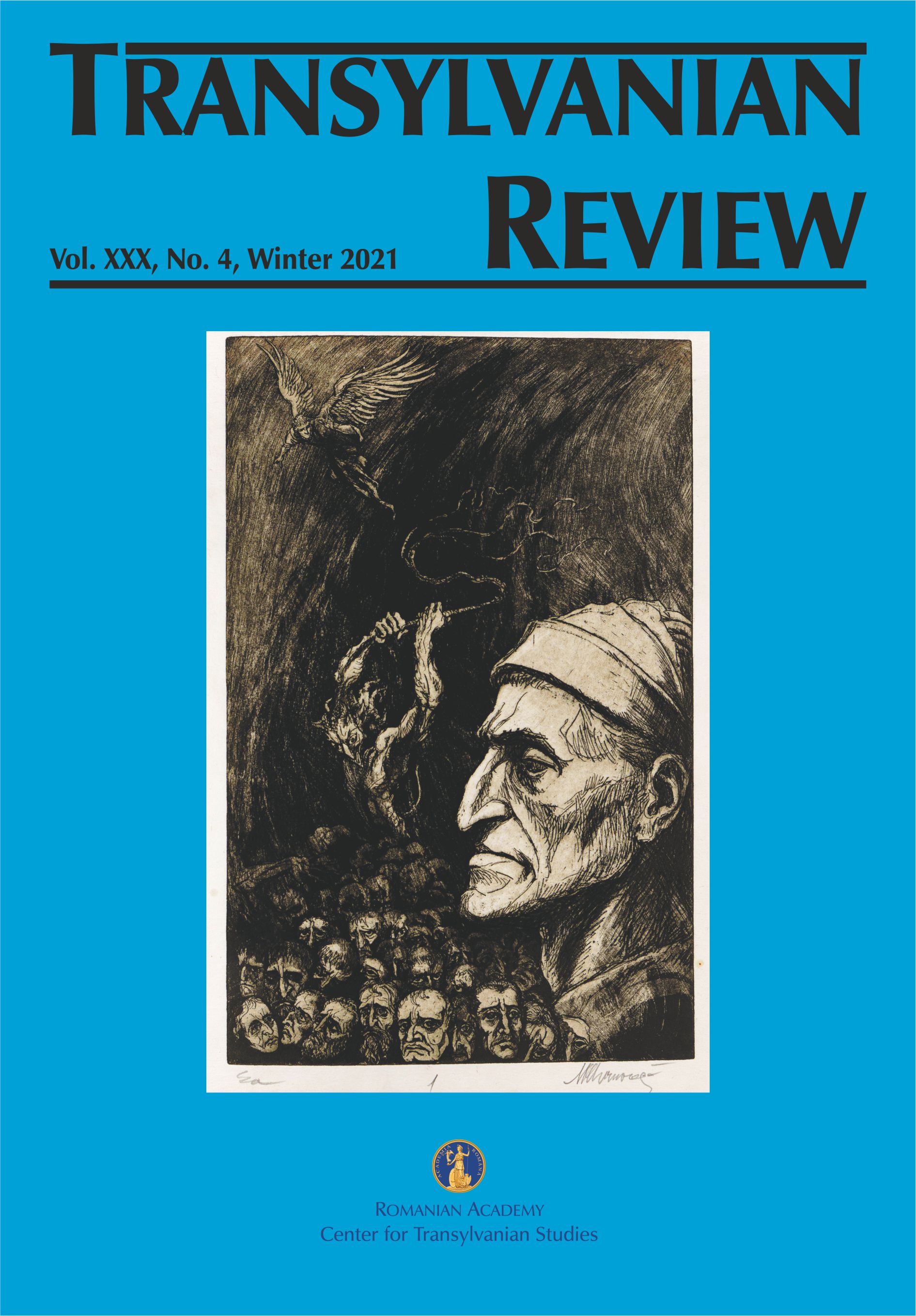Blaga: Piously, on Race
Blaga: Piously, on Race
Author(s): Marta PetreuSubject(s): History, Jewish studies, Recent History (1900 till today), Romanian Literature, History of Antisemitism
Published by: Academia Română – Centrul de Studii Transilvane
Keywords: Blaga; racism; race as a biological style; Jewishness; Romanian literature; Huston Stewart Chamberlain; ecumenism; freedom; human values; Leo Frobenius; Goga–Cuza government; Carol II;
Summary/Abstract: The present study analyzes the attitude showed by Lucian Blaga (1895–1961) in the 1930s and early 1940s in regard to the racial theory so fashionable in Europe at that time. Blaga rejected Huston Stewart Chamberlain’s position on races, based on a biological reasoning. By analogy with his own philosophy of culture, at that time still under development, he suggested that races should be approached as “biological styles” in which humankind manifests itself. He also contended that the issue of races should be separated from the biological sciences and discussed in the context of metaphysics, morals, aesthetics—that is, within the philosophy of values. He argued that racism was defined by obtuseness and intolerance, and should therefore be replaced by an ecumenical attitude in regard to all the styles in which humankind exists. This moral imperative “compels us to be ourselves, under our stars, and to allow others to be themselves, under their own stars.” Blaga’s ecumenical attitude towards the styles of humankind was confirmed in the autumn of 1940 when, during the national-legionary regime, he helped the lawyer Petre Pandrea rescue the “Mediaº group” of 300 communists and Jews who were facing a possible death sentence. This study also discusses Blaga’s membership in the short-lived Goga–Cuza government (forty-four days, between 29 December 1937 and 10 February 1938), to which he had been appointed by King Carol II. Realistically speaking, the philosopher was in no position to refuse the appointment, as he was personally indebted to the king for the remarkable welcome extended to him on his acceptance into the Romanian Academy, in June of 1937.
Journal: Transylvanian Review
- Issue Year: XXX/2021
- Issue No: 4
- Page Range: 23-39
- Page Count: 17
- Language: English

